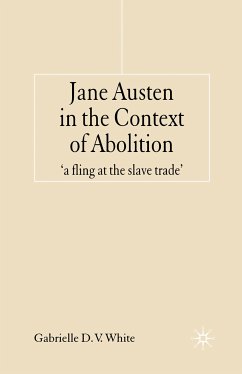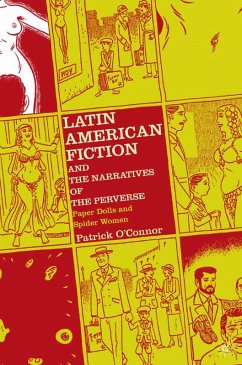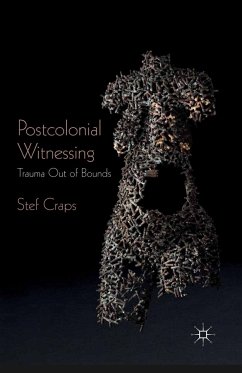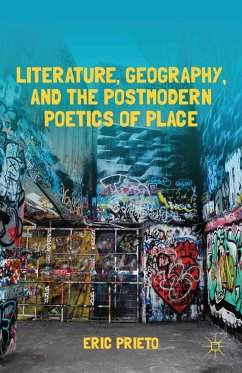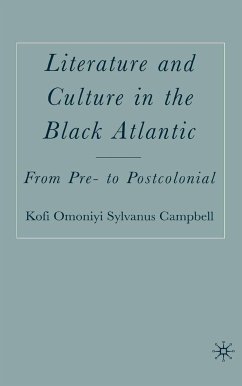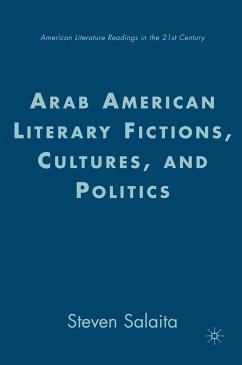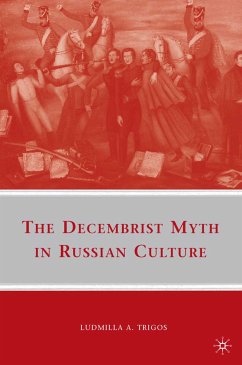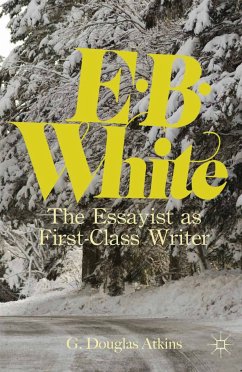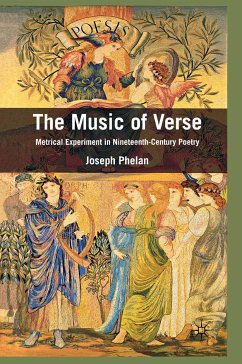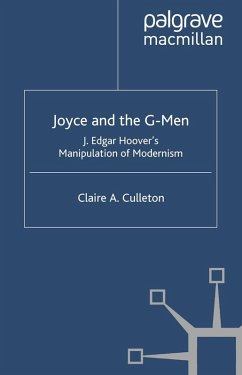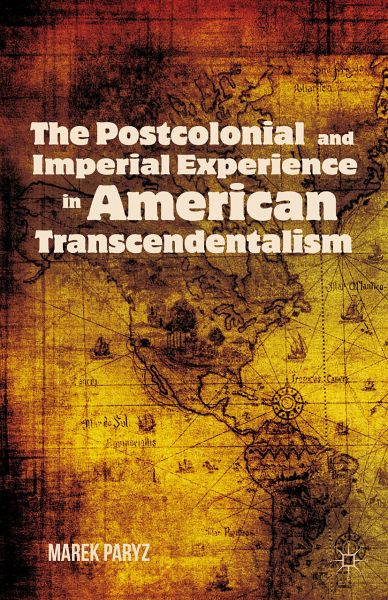
The Postcolonial and Imperial Experience in American Transcendentalism (eBook, PDF)
Versandkostenfrei!
Sofort per Download lieferbar
40,95 €
inkl. MwSt.
Weitere Ausgaben:

PAYBACK Punkte
20 °P sammeln!
Analyses literary representations of the American experience in selected works of Ralph Waldo Emerson, Henry David Thoreau, and Walt Whitman. Reveals the ambivalence that underlay the cultural and political development of the United States as a former colony.
Dieser Download kann aus rechtlichen Gründen nur mit Rechnungsadresse in A, B, BG, CY, CZ, D, DK, EW, E, FIN, F, GR, HR, H, IRL, I, LT, L, LR, M, NL, PL, P, R, S, SLO, SK ausgeliefert werden.



